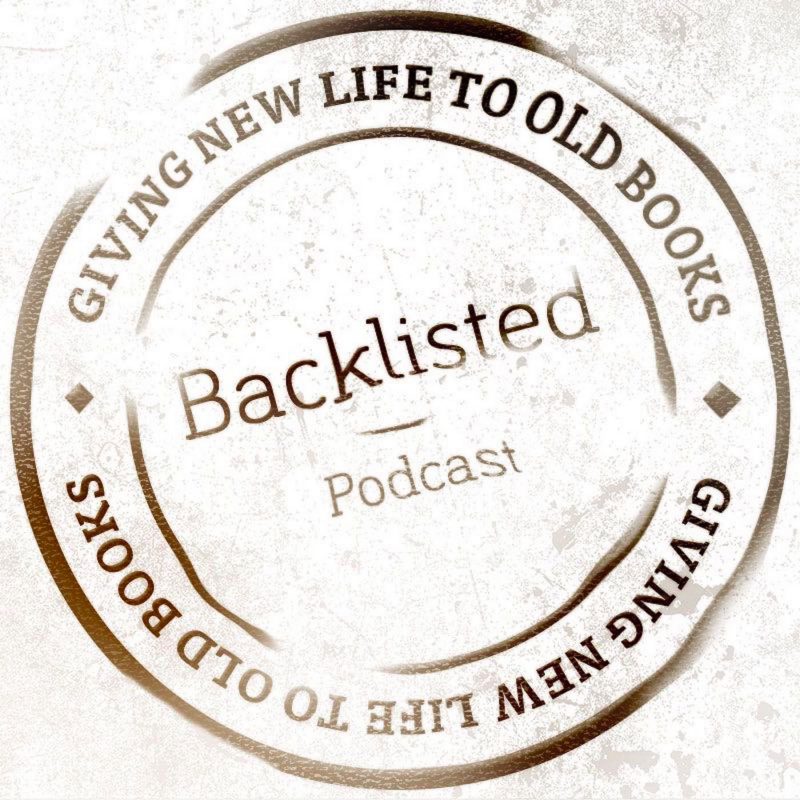The Eustace Diamonds by Anthony Trollope
We are joined on this episode by authors Jennifer Egan (A Visit from the Goon Squad) and Nell Stevens (Briefly, A Delicious Life), who last featured on Backlisted #170...

The literary podcast presented by John Mitchinson and Andy Miller. Brought to you by Unbound. Visit www.backlisted.fm
We are joined on this episode by authors Jennifer Egan (A Visit from the Goon Squad) and Nell Stevens (Briefly, A Delicious Life), who last featured on Backlisted #170...
We are joined by the crime novelist Mark Billingham to discuss his favourite book, The Maltese Falcon by Dashiell Hammett. First serialised in Black Mask magazine in 1929 and...
For this episode we are joined by the critic and former literary editor of the Independent on Sunday, Suzi Feay and the novelist and former Deputy Literary Editor of...
Rachel Cooke, Observer writer, New Statesman TV critic and author joined John, Andy and former host Mathew way back in 2016 to discuss All The Devils Are Here, the...
Welcome to the fourth Backlisted Special. While Andy and Nicky are both ‘gathering’ for the new season which will resume at the end of the month, John and Tess...
John introduces a rerun of an episode from November 2016, where Costa First Book nominee for My Name Is Leon, Kit de Waal joins John & Andy to discuss...
Neglected novelists and poets of the 20th Century
This is the third in our re-released episodes – and only the second one we ever recorded. Has Jean Rhys’s reputation and influence grown since then? Does a seven-year-old...